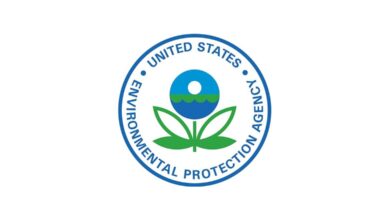Nigeria warned on local content bill
Speaking at a diplomatic meeting in early March in Lagos, US ambassador to Nigeria Robin Sanders took up an industry cause and cautioned the Nigerian government against an “unrealistic timeline” in its local content bill. The bill would establish impossible indigenous quotas for equipment and hiring for the oil industry.
Ms Sanders acknowledged that the bill could address challenges important to the future of Nigeria, such as technology transfer. Yet she also pointed out that some of the timelines of the bill are simply unrealistic. “You have to give the companies enough time to phase out some of their technology to give way to local operators,” she said.
IADC and other industry advocates have been working for the past couple of years to convince the Nigerian government that the bill sets unattainable thresholds for local content, considering the lack of engineering and manufacturing capacity in the country. The bill could also drive foreign oilfield service contractors out of the country, threatening the future of local E&P.
US Ocean Policy Task Force report
Six major oil and gas industry associations, led by API and including IADC, expressed reservations about the “Interim Framework” released by the White House Ocean Policy Task Force (OPTF) on managing coastal and marine spatial planning (CMSP). Industry warned that the framework may conflict with existing laws and discourage adequate offshore oil and natural gas stakeholder consultation.
The trades emphasized the historical role of the traditional offshore energy industry, coexisting with and in many cases enhancing other uses of oceans. Further, they argued that a comprehensive CMSP should enhance access to offshore areas and promote E&P development of new resources. Above all, CMSP shouldn’t become an exercise in prescriptive mapping or zoning. In particular, they warned against using the “precautionary principle,” which are often not based on sound scientific data. Setting the precautionary principle in regulation would violate Congressional intent.
The industry comment was submitted to the chief of the Council on Environmental Quality, which held national public hearings in 2009 on the way forward for developing a comprehensive offshore management plan, now individually under the auspices of MMS, NOAA, EPA and other agencies of the US Department of Commerce.
ISO assessment standard advances
The proposed ISO standard for jackup site assessment (19905-1) has passed balloting at the Draft International Standard stage, with no negative votes submitted. A large number of comments were submitted by the standards organizations of Canada, France, Germany, Netherlands, Norway and Singapore, which will need to be resolved before the standard is balloted at the next (FDIS) stage.




